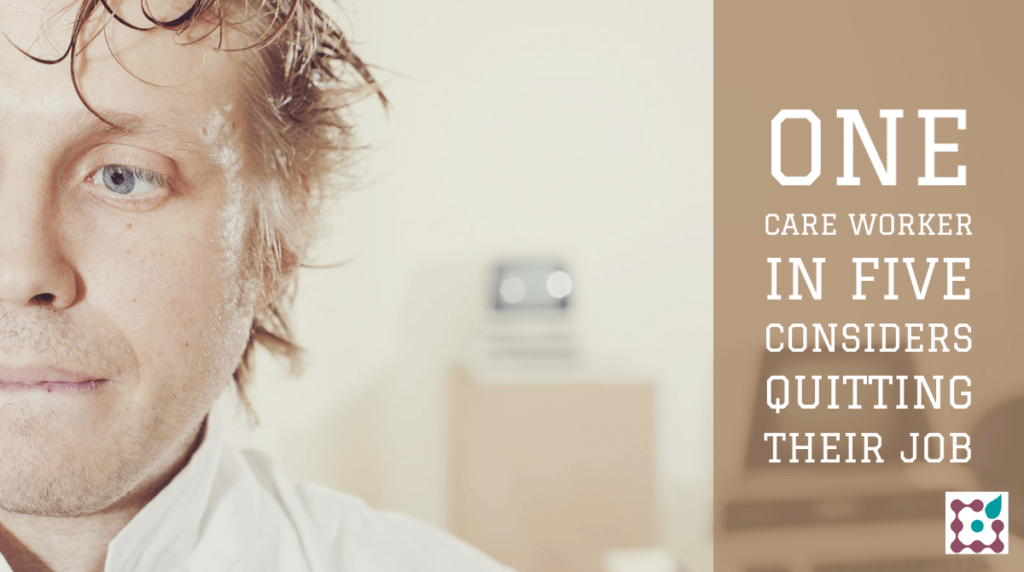More than half of care and support workers feel very tired, 45% are under pressure, 39% cannot relax enough, 36% have a lack of sleep and 31% have difficulty concentrating.
These are symptoms of chronic stress with a negative impact on well-being. As a result, 22% of care providers consider quitting their profession.
The figures come from the third national online ‘Power to Care’ survey on the mental wellbeing of caregivers conducted by Sciensano and KU Leuven in Belgium. Between 15 and 28 June, 951 care professionals participated.
Physical complaints
The survey shows that after 16 months of the covid19- crisis, many people still exhibit many symptoms of chronic stress. Participants scored a range of symptoms from 0 (never) to 10 (always). Scores of 7 or higher indicate that chronic stress is ‘strongly’ to ‘very strongly’ present.
The survey shows that more than half of the care and support workers feel very tired, 45% are under pressure, 39% cannot relax enough, 36% have a lack of sleep and 31% have difficulty concentrating.
In addition, many also show physical complaints related to chronic stress: 32% had muscle and joint pain, 29% headaches, 17% stomach problems.
Support
Whereas before the covid-19 crisis one in ten healthcare professionals considered quitting, by June 2021 this had risen to 22%.
Also, 21% of those surveyed had the “feeling of being on their own.”
After 16 months of Covid crisis, only one respondent in three also claimed to be receiving ‘sufficient support and guidance.
Support came primarily from the partner, immediate colleagues, friends and relatives (60%). One in three also spoke about their emotions with their manager, and 11% called on their GP, a psychologist or another healthcare professional.
Also in the future, people indicate to need external support: from a psychologist (1/3) or GP (1/5).
You can find the full results here >
Digital health to the rescue
Thanks to Covid-19, digital consultations are now widely accepted and used. Many players are embracing this shift. Think about Proximus, investing in the app Doktr, which makes it possible for everyone to have a video consultation with a GP at any time. Or Bloomup, doing the same for consultations with a psychologist.
Next to the value for patients (no travel time and costs, flexible access, great experience and quality), these kinds of video consultation platforms are also very useful for care providers.
They offer them:
- the possibility to work flexible, at home or in the office/practice
- relief of stress during consultations because of the smooth digital journey and the focus on digital consultation blocks
- the possibility to focus on the core of the consultation and less on administration
- training on how to do the best digital consutations, practice guidelines and call out to support-team when in trouble
- being part of a care provider community, mutual support and sharing of experiences
- possibilities to enhance your practice: no need for a patient stop
In many other professions, teleworking and flexible hours (to pick up the children from school, to do the shopping at less busy times, etc.) have been maximised. It can be a real rescue to keep our (young) healthcare professionals on the job.
If we want the best healthcare, we have to take care of the people in that care…
Stay tuned for other blogs like this (it’s FREE)










